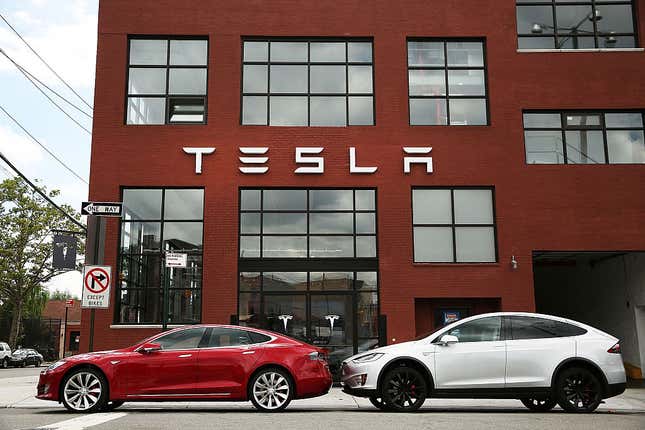
Former Tesla elevator operator Owen Diaz has rejected a judge’s reduced award of $15 million as a settlement for his lawsuit against the company alleging racial abuse, CNN reports. For nine months, Diaz worked at Tesla’s Fremont, Calif plant, where Diaz stated he saw “racist graffiti in bathrooms, a racially insensitive cartoon, and heard racial slurs regularly said on the factory floor.”
Last year, a federal jury ruled in favor of Diaz and awarded $136.9 million in damages. Not even a month after, Tesla filed a request for a new trial. Before that even had a chance to take place, US District Judge William Orrick offered a reduced award of $15 million in damages. As CNN cites, the two things that Judge Orrick mentions for the smaller monetary number are “the lack of physical illness or injury” and deeming the original settlement as excessive because Diaz had only worked at Tesla for a short time.
Tesla has had a history of racial discrimination lawsuits. In August 2021, the company paid a former Black Northern California employee a $1 million settlement where Tesla failed to punish supervisors for calling him the “n-word.” Another Black employee brought suit against Tesla for alleged retaliation against her sexual orientation and race.
Diaz’s attorney’s rejected the reduced settlement number, and a new trial is likely to occur. In a statement, they believe “the award was unjust and would not deter future misconduct by Tesla.”
“The 7th amendment to the US Constitution requires that ‘no fact tried by a jury, shall be otherwise re-examined in any Court of the United States,’” Lawrence Organ, Diaz’s attorney told CNN in a statement Wednesday. “Yet our judicial system favors requests by corporate defendants to re-examine jury verdicts in civil rights cases. This is part of a systemic bias that under-values the suffering African Americans endure in the workplace.

